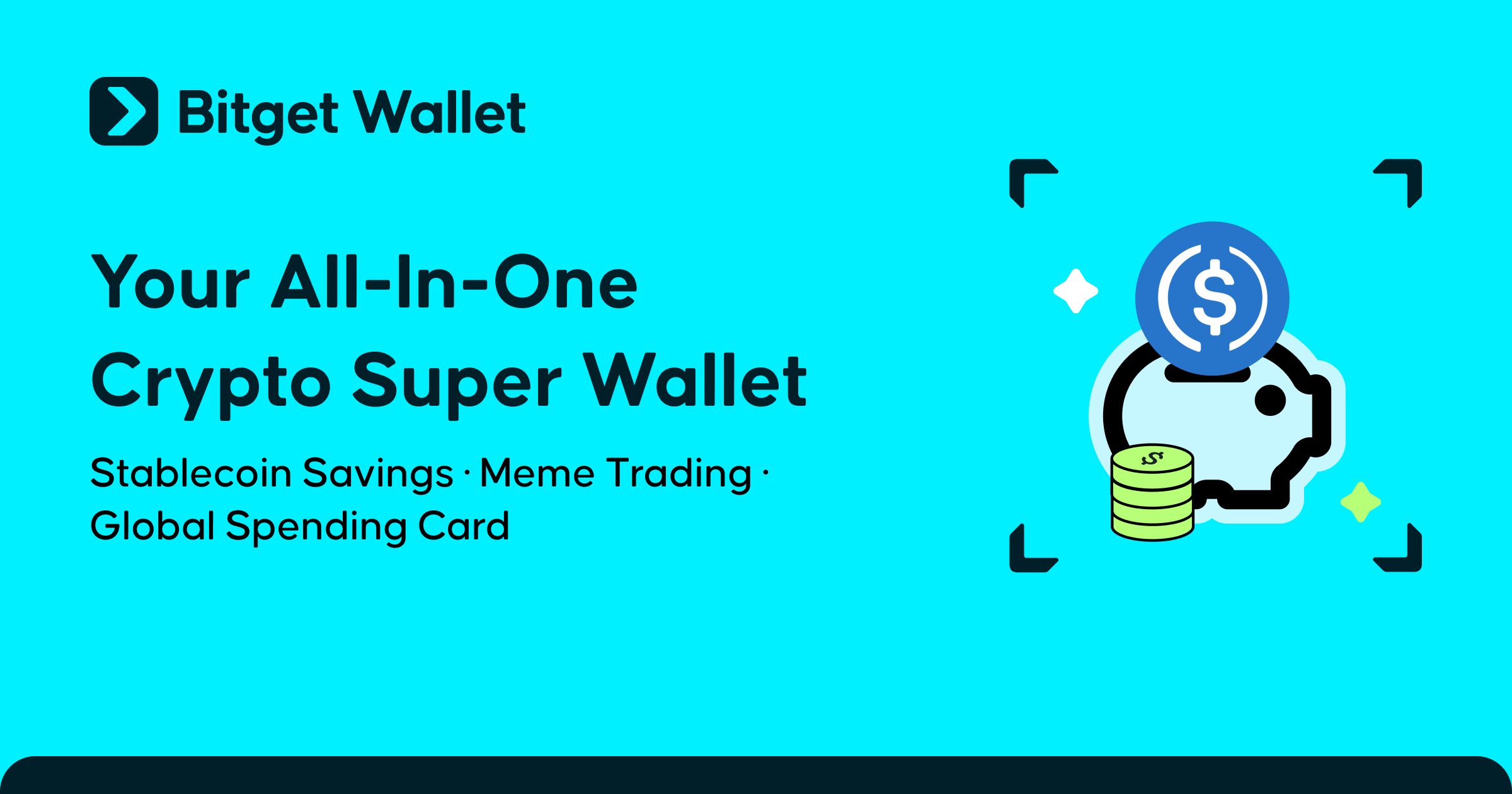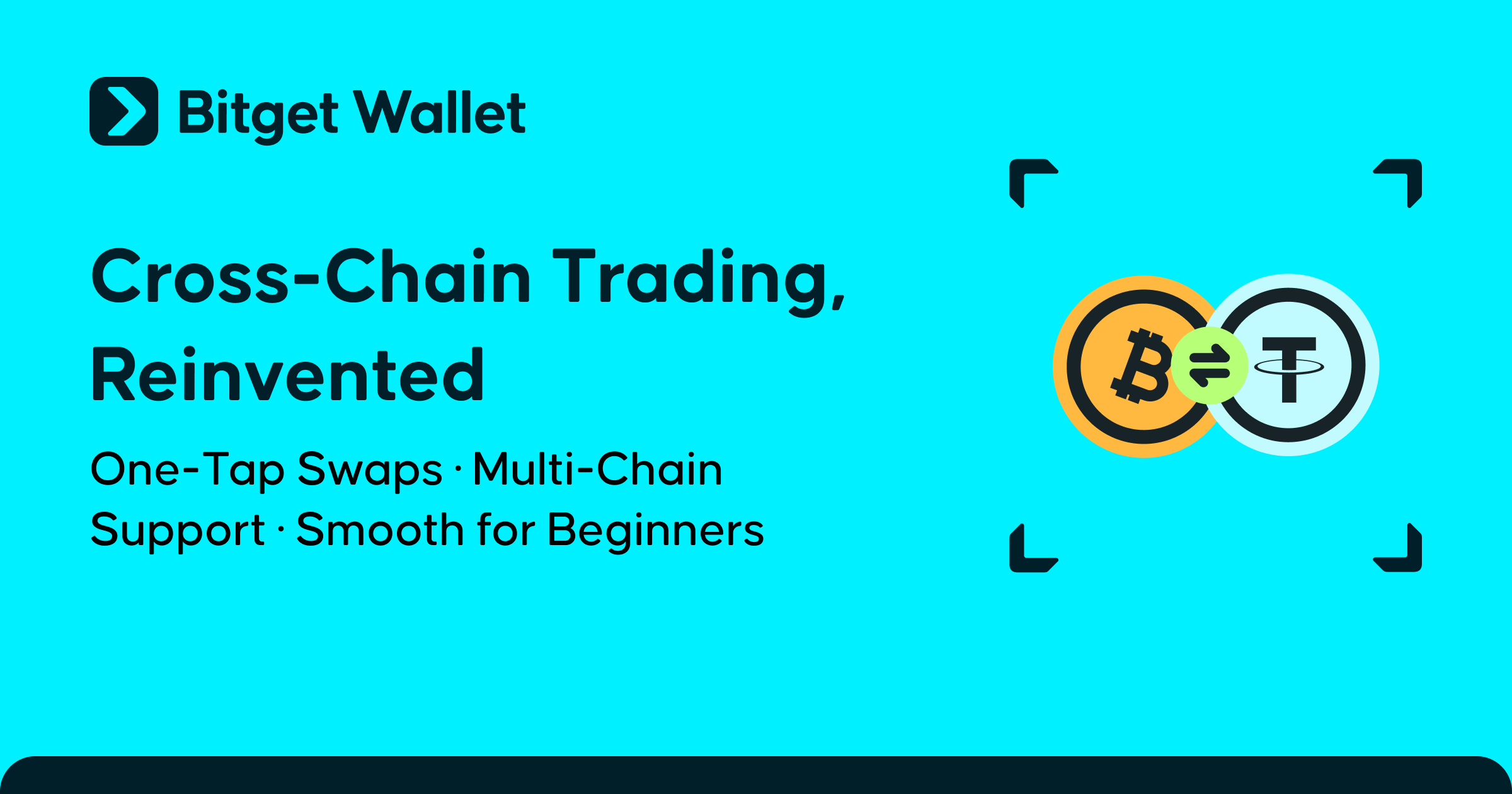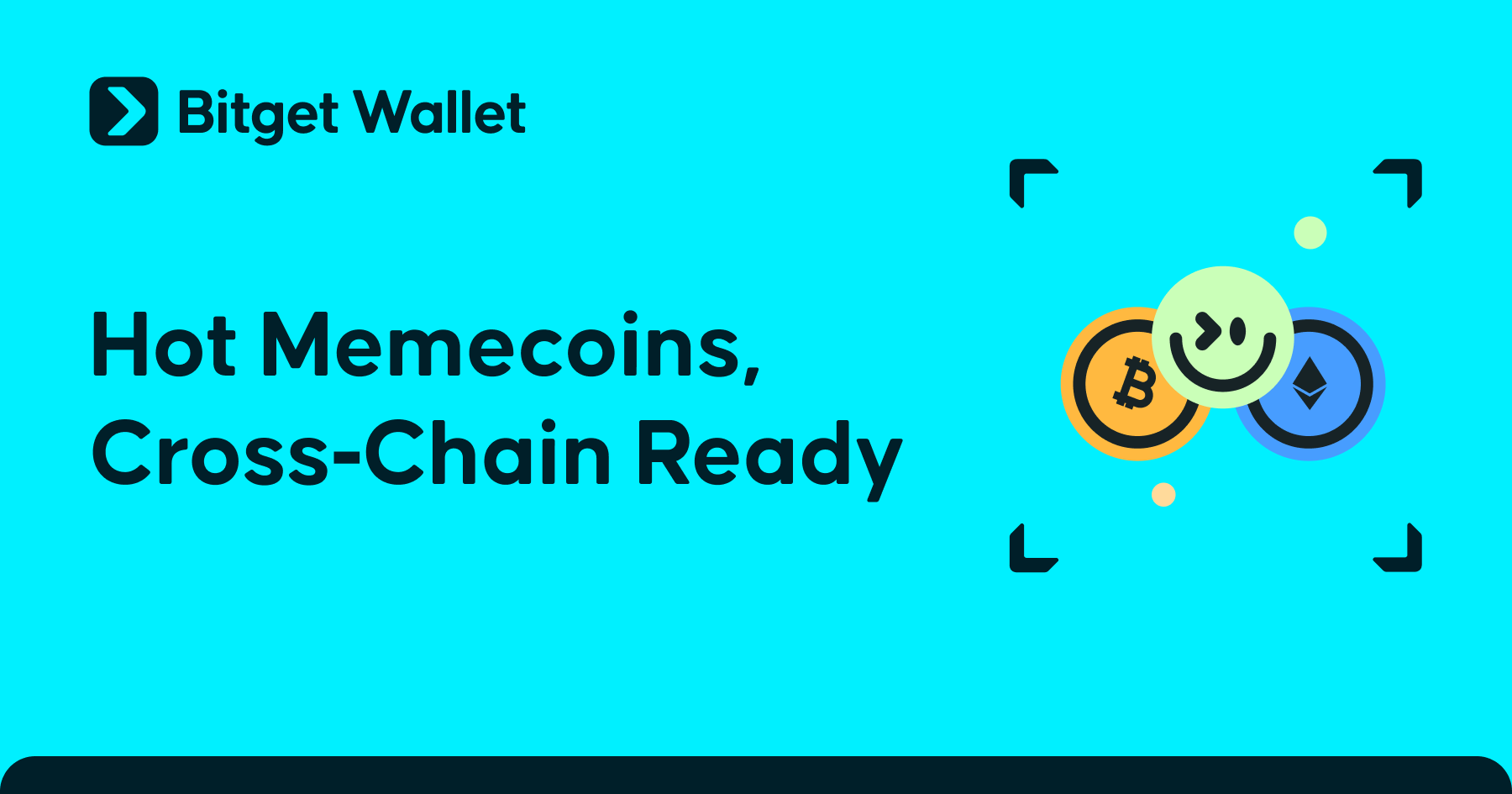Staking TON: How to Earn Rewards with The Open Network

The Open Network (TON), originally developed by the team behind Telegram, has garnered significant attention for its innovative blockchain technology. With its roots in creating a decentralized internet ecosystem, TON stands out not only for its technical capabilities but also for its rewarding staking mechanism. In this article, we’ll explore what staking TON entails, how it works, and how you can earn rewards by participating in The Open Network.
What is the Open Network (TON)?
The Open Network is a next-generation blockchain platform designed to offer fast, scalable, and secure decentralized solutions. Initially envisioned by Telegram, the platform was built to facilitate decentralized applications (dApps), services, and digital transactions at scale. Unlike many existing blockchains that suffer from slow transaction speeds and high costs, TON focuses on efficiency and user-friendliness. The blockchain can process millions of transactions per second, making it one of the most scalable options available.
Its architecture is also unique, featuring a multichain system with shardchains, allowing it to scale infinitely without compromising on security or decentralization. This makes it a highly attractive platform for developers and users alike, offering endless possibilities for the future of decentralized applications.
How TON Staking Works
Staking plays a vital role in the TON blockchain, enhancing its security and stability. Participants who stake their TON coins, known as Toncoin, can either become validators or delegators. Validators are tasked with verifying and processing transactions, maintaining the integrity of the blockchain. Delegators, on the other hand, support validators by staking their coins and receiving a share of the rewards without needing to handle the technical responsibilities of running a node.
Related content: What is Staking?
Tokenomics of Toncoin
Toncoin, the native cryptocurrency of the TON blockchain, is integral to the ecosystem of the network. It serves multiple purposes, including:
- Transaction Fees: Toncoin is used to pay for transactions on the network, ensuring smooth and efficient operations.
- Staking: It is staked by both validators and delegators to support network security and earn rewards.
- Incentives: Toncoin incentivizes validators and other network participants to maintain the health of the blockchain.
The total supply of Toncoin is capped, which creates scarcity and potential value appreciation over time. Initially, Toncoin was distributed through token sales and airdrops, particularly to Telegram users, fostering a decentralized and engaged user base.
The circulating supply of Toncoin is dynamically adjusted through staking and reward mechanisms, balancing economic incentives while maintaining its sustainability.
Benefits of Staking TON
Staking TON offers numerous benefits for both individual participants and the network at large. It provides an opportunity to earn passive income, as users receive rewards for simply locking up their TON tokens. The longer the tokens are staked, the greater the rewards, which can compound over time to enhance overall returns.
Additionally, staking supports the security and decentralization of The Open Network, with validators ensuring that transactions are processed accurately and the network remains resilient against attacks. This contribution helps maintain the network’s robustness and smooth operation. Staking also lowers the barrier to entry for users who may not have the resources or technical expertise to run a validator node. By delegating tokens to a validator, more users can participate in staking and earn rewards.
Furthermore, staking provides a hedge against inflation, as it helps counteract potential dilution of token value caused by new block rewards. Overall, staking TON not only benefits individual participants with rewards but also strengthens and sustains the network’s integrity.
Risks and Considerations of Staking TON
While staking TON offers numerous benefits, it is not without its risks and considerations. One significant risk is slashing, where validators may face penalties for malicious behavior or failure to perform their duties, such as prolonged downtime. This can lead to a portion of staked tokens being "slashed" or forfeited, making it crucial to choose a reputable validator with a strong track record when delegating tokens.
Another factor to consider is lock-up periods; staking often requires locking up tokens for a set duration, which, while contributing to network security, restricts access to those tokens and can limit liquidity.
If immediate access to your assets is a priority, staking might not be the ideal choice. Additionally, market volatility can impact the value of TON tokens, affecting the overall worth of your staked assets. Although staking rewards can provide some compensation for market fluctuations, significant downturns can still lead to a decrease in the value of your holdings.
Thus, while staking TON can be advantageous, it's important to weigh these risks and factors carefully.
How to Start Staking TON
Getting started with staking TON is a straightforward process. Begin by obtaining TON tokens through a reputable and secure cryptocurrency exchange that supports TON.
Once you have your tokens, decide on your staking approach: you can either run a validator node yourself or delegate your tokens to an existing validator. For most users, delegating tokens is the more accessible and practical option. If you choose to delegate, carefully research and select a validator with a strong reputation and high uptime to minimize the risk of slashing and ensure you receive consistent rewards.
Finally, follow the staking instructions provided by your wallet or exchange platform to complete the staking process. After staking your tokens, you’ll begin earning rewards based on your contribution to the network.
Making the Most of TON
Staking TON offers a unique opportunity to earn rewards while supporting The Open Network’s decentralization and security. Whether you’re running a validator node or simply delegating your tokens, staking provides a passive income stream and contributes to the network’s long-term success. By carefully considering the benefits and risks, you can make the most of your TON holdings and become an integral part of this innovative blockchain platform.
Explore the vibrant world of TON with Bitget Wallet today. Discover its comprehensive features, including wallet management, swap functionality, an NFT market, a DApp browser, and a launchpad.
Supporting over 100 public chains, Bitget Wallet offers access to optimal trading prices from leading DEXes and NFT markets. Seamlessly interact with decentralized applications and digital assets to unlock the full potential of the Web3 ecosystem. Embrace the future of decentralization with confidence by joining Bitget Wallet and leveraging a robust set of tools designed for navigating the decentralized landscape.


















